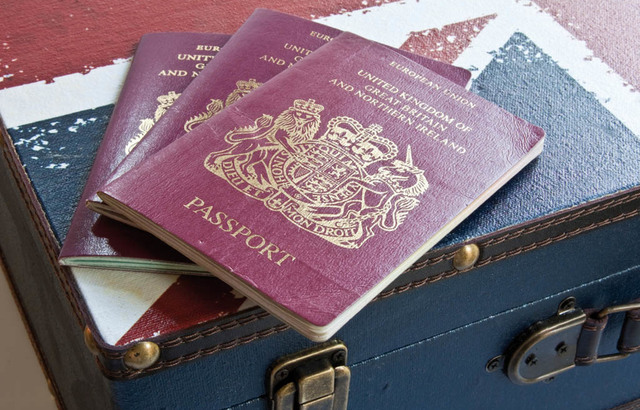Currently, British and EU companies sell insurance in both directions across the channel under EU passporting arrangements.
Whether passporting would continue after Brexit has been a subject of much debate between politicians, with insurers pleading with the UK government in September to assure them it will continue after the split.
Business as usual
In an announcement on 20 December, the Financial Conduct Authority (FCA) said it anticipates that firms will be able to continue to benefit from passporting between the UK and the European Economic Area (EEA) after Brexit and during its transition period.
“The FCA welcomes the intention to provide for an implementation period to ensure a smooth and orderly exit of the UK from the EU,” the FCA said in its announcement.
“The FCA will monitor the negotiations and provide further information to firms as appropriate.”
The authority released the announcement after the European Council confirmed that enough progress had been made to move to the second phase of Brexit negotiations.
No special deal
However, the FCA’s expectation that passporting will continue clash with comments made by the EU’s chief Brexit negotiator Michel Barnier, who told The Guardian on Tuesday that financial services will be excluded from the Brexit trade deal.
He told the publication that the loss of access to the EU for the city of London was a consequence of deciding to leave the single market.
“There is no place [for financial services]. There is not a single trade agreement that is open to financial services. It doesn’t exist,” Barnier told The Guardian.
“[It is the consequence of] the red lines that the British have chosen themselves. In leaving the single market, they lose the financial services passport,” he said.
With the difference of opinions, the FCA does say in its announcement that firms based in the UK servicing clients in the EU should still prepare “for a range of scenarios”after Brexit.
Permissions regime
The statement also says that HM Revenue & Customs has announced that, if necessary, the UK government will legislate for a temporary permissions regime.
“This regime will enable relevant firms and funds to undertake new business within the scope of their permission, enable them to continue performing their contractual rights and obligations, manage existing business and mitigate risks associated with a sudden loss of permission,” the FCA said.
Firms and funds that are solely regulated in the UK by the FCA would need to notify the FCA before exit day of their desire to benefit from the regime, the announcement said.








